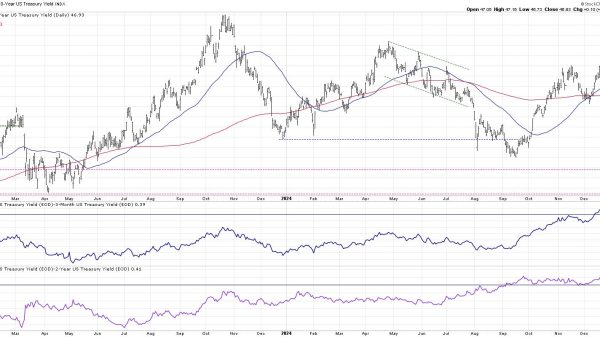Blockchain technology has gained widespread recognition in recent years, with its ability to enhance transparency, security, and efficiency in various industries.
One such industry where blockchain has been particularly impactful is supply blockchain management.
Why is blockchain important
In general terms, blockchain is a way of storing and agreeing on a database, a copy of which each participant has, provided that the participants do not trust each other. It follows from this that blockchain is used in cases where it is necessary to solve the problem of trust in a decentralized system.
Based on this, blockchain technology can be used to solve the following tasks:
Joint control over the system
Reliable data synchronization
Protection against data substitution as a result of attacks
Let’s consider several possible cases of application of blockchain in supply chain
Case 1. Several companies decided to join forces to create a loyalty program for their customers. At the same time, each of them will emit bonus points that must be accepted by other companies of the partner network. Obviously, entrusting the control of such a system to one person is unwise – there is always a risk of fraud with the number of points.
Case 2. Agroholding wants to issue tokenized warehouse receipts for grain. The exchange on which these receipts are traded, as well as the Securities and Exchange Commission, can receive data in real-time if the blockchain works between them.
Case 3. The bank stores information about customer accounts and wants to insure against fraudulent actions by staff. To do this, users are issued electronic wallets that store secret account keys. To carry out a transaction, it is necessary to sign it with a key to which only the client has access. The accounting system, built according to blockchain principles, will not allow bank staff to change customer balances in the database.
In other words, blockchain is most suitable for accounting for assets and ownership rights. In payment systems, technology makes it possible to significantly increase the speed, transparency and security of mutual settlements, and, therefore, to reduce the cost of transactions.
Blockchain Company
The digital revolution, which has already managed to radically reshape the media market, reached the financial industry. Even small banks and financial companies have long understood the advantages of having their own website and electronic databases. And along with the increase in the number of customers from the millennial generation, a boom in mobile applications began, which greatly simplified the provision of financial services.
However, international transactions have been largely untouched by new technologies: Western Union’s position remains intact, as does its business model, and banks continue to use complex infrastructure to handle simple matters such as transferring money abroad. And this situation is difficult to change, because financial institutions must ensure a high level of protection of personal data of customers. Therefore, the main achievement of digitization in this direction is the acceleration of data sorting.
Read more:
Uniqueness and Feature of Blockchain in Supply Chain Management























